Tell them about the fraudulent activity. This includes closing any new accounts opened in your name.
Get extra security at log on.
You can use multi-factor authentication, biometrics or other logon options.
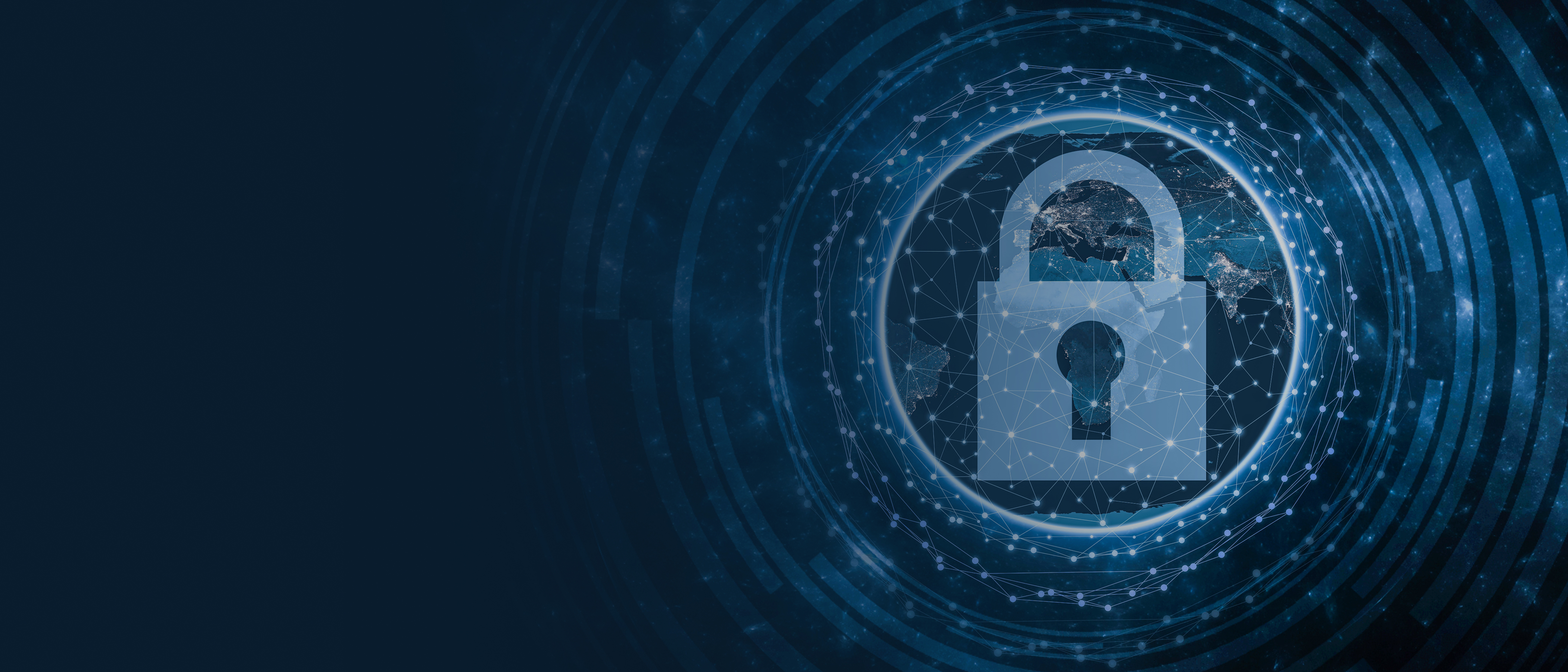
Find out how to keep your accounts and money safe, and how to report fraud.
Select the security topic you’d like to learn more about.
We check your accounts for unusual activity. If we detect anything questionable, we’ll alert you right away.
We’ll tell you about potential fraud through the mobile app, text alerts, email or phone. This will let you check the activity quickly.
We use advanced encryption and multi-factor authentication to keep your account safe when you log on.
When you log on for the first time, or if we see strange activity, we’ll use extra steps, like a one-time passcode, to make sure it's really you.
When you share your USAA account with an app or company, we make it secure. We ask them to connect directly with us so you never need to give your USAA password.
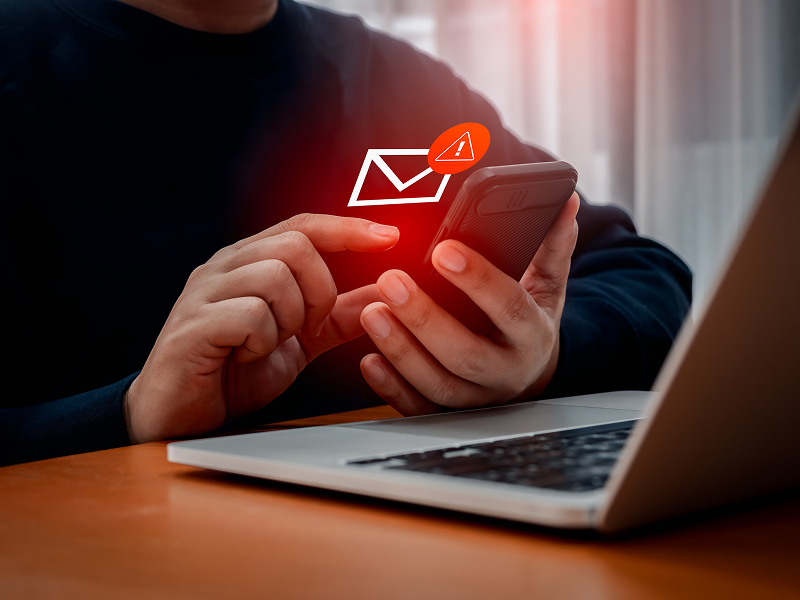
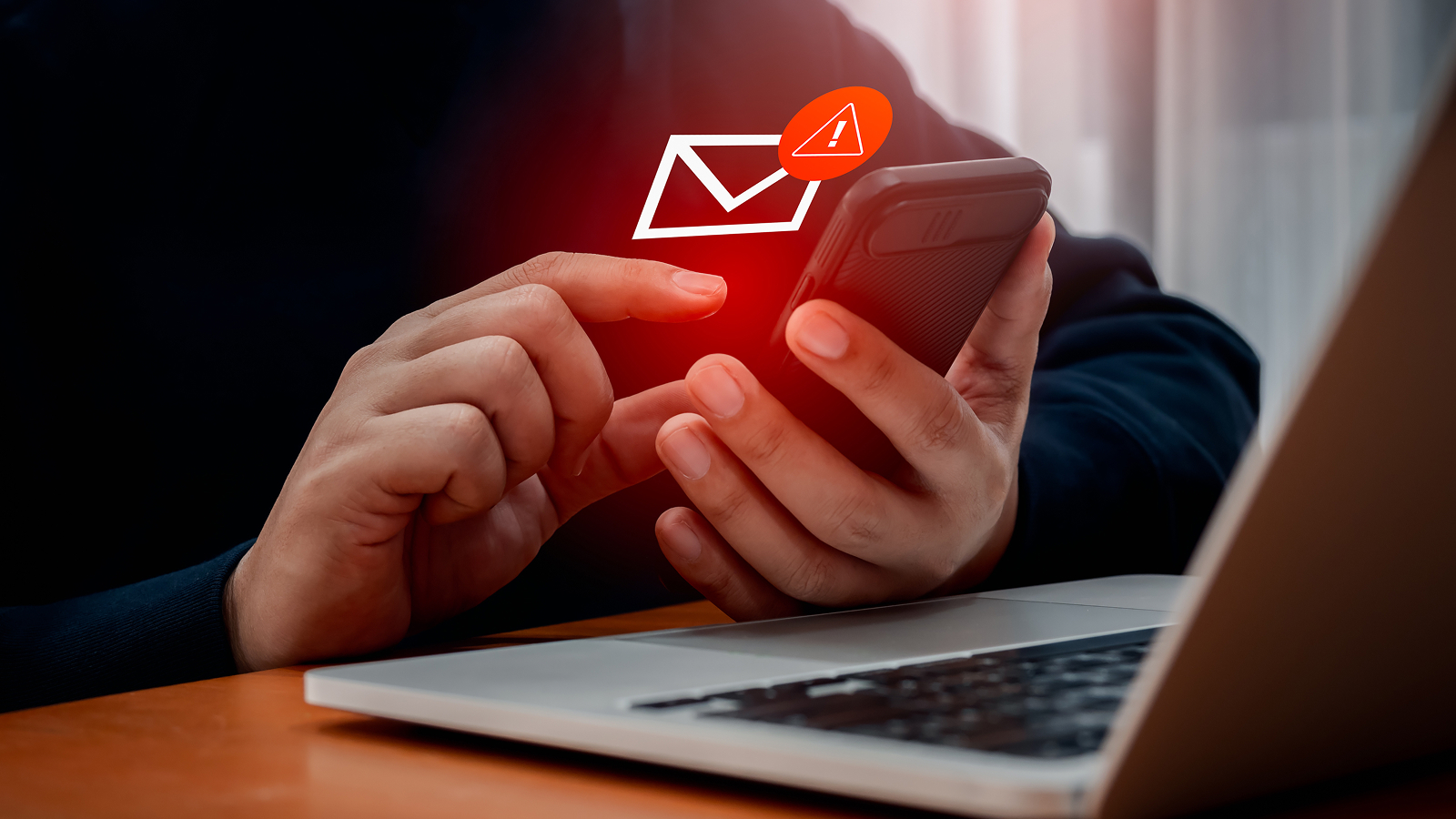
Fraud is on the rise. Explore our resources and get to know common scams so you can stay safe.
Choose a password that's hard to guess to better protect your accounts.
We need to reach you quickly if we spot something unusual with your accounts. Check and update your contact information to make sure it's correct.
Set alerts for your account balance or when a withdrawal exceeds a set amount.
Reduce the risk of check fraud with secure, fast digital payments with people you know and trust.
Update your web browser, apps and operating system to the latest version to strengthen your security. Always use secure Wi-Fi.
You can use multi-factor authentication, biometrics or other logon options.
Help protect your account information from being lost or stolen through the mail.
Avoid scams and stay safe by learning scammers' common tricks.


Every year, older people lose billions of dollars to financial abuse. Their losses are usually more than those of younger people. Seniors are often targeted because of their large assets and their trusting nature.
Sadly, the people who do this aren’t always strangers. They can be caretakers, business associates, new friends or even family members. The emotional impact can be just as devastating as the financial loss.
Seniors can sometimes be tricked by those they trust. You can help protect them by watching for warning signs.
This could include unexplained credit card use, large withdrawals, unpaid bills, missing checks or new names on accounts.
Sudden changes to property titles, wills, powers of attorney or other documents could mean someone else is trying to get control.
When an older person is isolated from friends or family, it could be because someone new in their life is trying to control or take advantage of them.
Need more help? Get support from
Eldercare Locator
This is a service from the U.S. Administration on Aging. It helps connect you to services for older adults and their families. Call them at 800-677-1116.
Money Smart for Older Adults
This is a free program that teaches older adults and their caregivers about money safety. It helps them learn how to stop financial abuse and make smarter money choices. Call them at 877-ASK-FDIC (275-3342). Learn more about money smart for older adults
National Adult Protective Services Association (NAPSA)
This platform is a place to share knowledge, solve problems and improve care for older and vulnerable adults. Learn more about the national adult protective services association
National Elder Hotline
This is a free resource from the U.S. Department of Justice (DOJ) to fight fraud against older Americans and help victims. Call them at 833-FRAUD-11 (372-8311). Learn more about the national elder hotline
If you notice the signs, check in with your loved one. Sometimes they may not know what's happening.
If your loved one can't or doesn't want to talk about it, ask other family members or friends you trust for help.
Depending on what happened, the bank or financial institution might protect their information and funds.
Don’t be afraid to report questionable behavior to Adult Protective Services or local authorities.


It's when someone gets your personal information and uses it to commit fraud by pretending to be you. They can use your identity to get into your accounts, open new credit or commit other crimes in your name.
If you think someone got into one of your USAA accounts, call us at 877-762-7256.
Steps to complete Take these steps if your identity was stolen.
Tell them about the fraudulent activity. This includes closing any new accounts opened in your name.
Get credit reports to look for fraud.
Equifax: 888-378-4329 or equifax.com
Experian: 888-397-3742 or experian.com
TransUnion: 800-680-7289 or transunion.com
A fraud alert will tell others that you might be a victim of fraud. A freeze stops someone from using your credit without your permission.
This form is available at identitytheft.gov. Or call the Federal Trade Commission at 877-438-4338.
You can also choose to file a report with your local police department.
Check out tips on how to protect yourself in the second security topic on our Security Center.
To report unauthorized ATM/debit card transactions, log on to usaa.com or the USAA Mobile App and select “Dispute Transaction” from your account activity.
For TTY devices, dial 711
Note: Days and times may vary
To report unauthorized credit card transactions, log on to usaa.com or the USAA Mobile App and select “Dispute Transaction” from your account activity.
For TTY devices, dial 711
Note: Days and times may vary
If you gave out any personal information like your password or logon credentials, call us immediately. You account’s security could be at risk.
For TTY devices, dial 711
Note: Days and times may vary
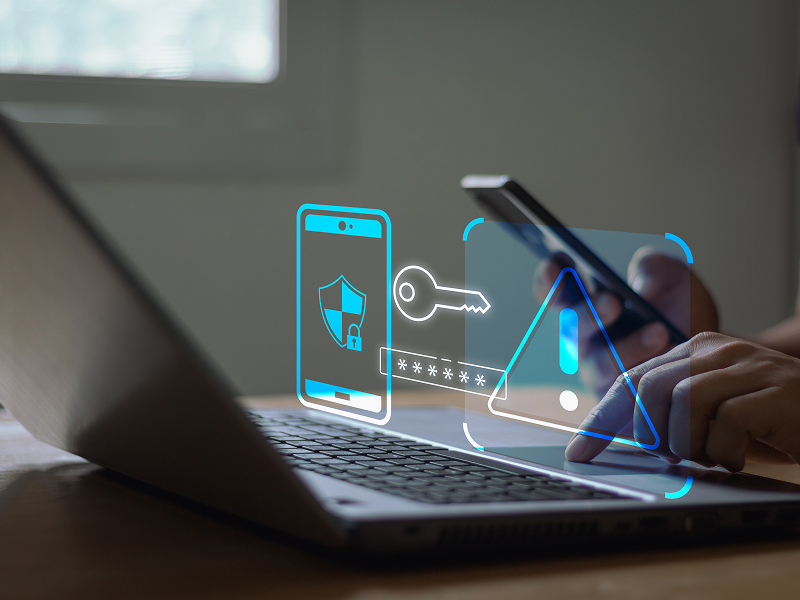
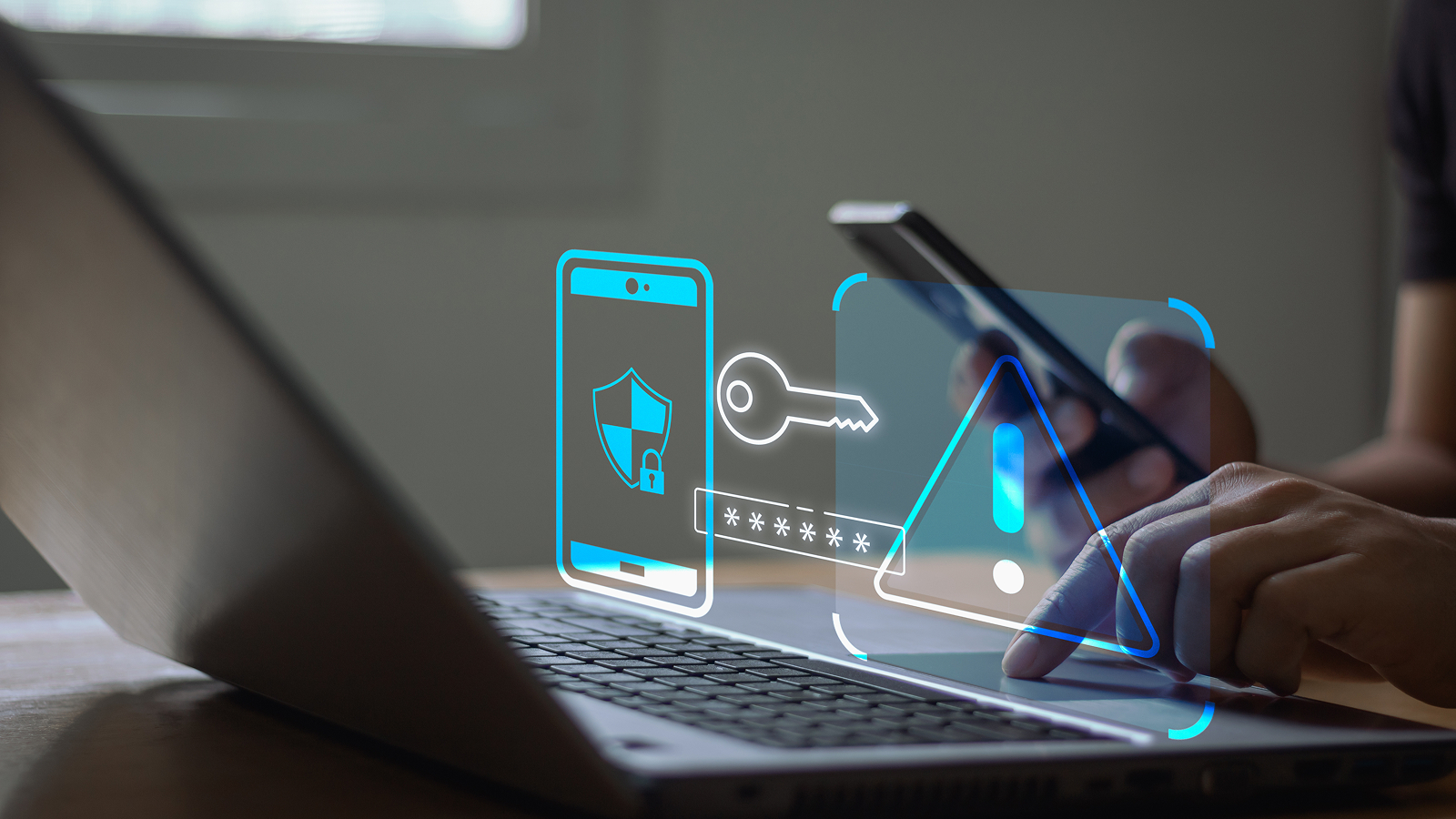
If you get an email or text that doesn’t seem like us, send it to abuse@usaa.com. It’s an automated system, so we can’t reply.
You can also forward any questionable texts to your cell phone provider at SPAM (7726) and follow their instructions.
Using strong passwords and safe logon methods can help stop others from getting into your account.
Stay safer with multifactor authentication, biometrics and more.
Find out about managing digital access to your accounts.